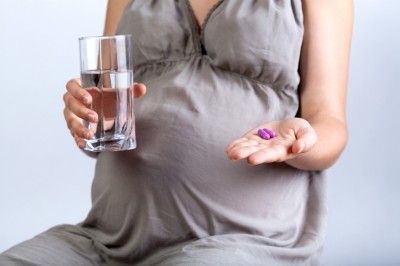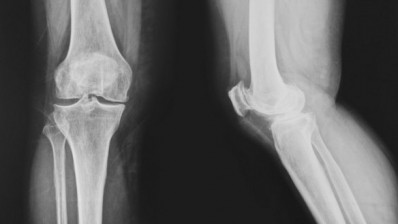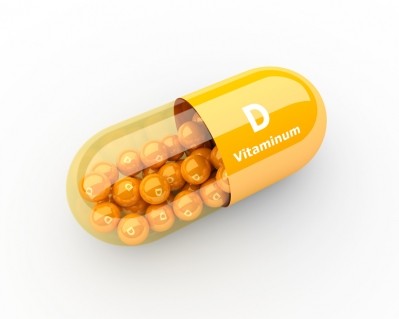OPINION: Why vitamin D is vital for women, especially in Asia

The recent occasion of the International Women’s Day provided a good opportunity to reflect on both gender equality, but also on differences between the genders.
While the former is a very important issue for health care, the latter must not be forgotten. Due to crucial differences in biology and behaviour, a range of diseases affect women differently from men and consequently, the solutions need to be gender-specific. One nutrient that can help us address a range of important health issues that affect women more than men is vitamin D.
Unfortunately, many people around the globe have vitamin D intakes below the recommendations and therefore have inadequate levels of vitamin D in their bodies. Despite abundant sunshine, a recent review concluded that in India, for example, vitamin D deficiency was widespread with as many as 96% of neonates, 75% of adults and 67% of pregnant women having inadequate serum vitamin D levels.
The first of these conditions I want to concentrate on is osteoporosis; Women tend to start with a lower bone mass and in addition, the decrease in estrogen levels after menopause accelerates bone loss, making them vulnerable to developing osteoporosis.
Reduce the risk
The problem increasingly affects women in Asian countries, but it is still often neither diagnosed nor treated and it has been estimated that by 2050, more than 50% of all hip fractures due to the condition will occur in this region. It has also been estimated that a 10% increase in peak bone mass achieved in childhood and adolescence can reduce the risk of a later osteoporotic fracture by 50% and postpones the onset of the disease by 13 years.
This is where vitamin D comes into the picture: it helps to build and maintain healthy bones and inadequate status can have a negative impact on peak bone mass. It has recently been shown that vitamin D supplementation of teenage girls had a beneficial effect on the development of bone and muscle. However, its impact on bone starts even earlier: low vitamin D status during pregnancy affects fetal bone development already quite early in pregnancy and was linked to a lower peak bone mass in the offspring at the 20 years of age.
In addition to these longer-term effects, a worrying trend is the increased observation of infantile rickets in both developed and developing countries: This form of vitamin D deficiency is typically found in breast fed infants of mothers with low vitamin D status who are not receiving supplements.
Besides bone development, low vitamin D levels seem to increase the risk of pregnancy complications such as gestational diabetes and pre-eclampsia and adverse outcomes for the infant such as low birth weight or increased risk of asthma. Moreover, low vitamin D levels are thought to make it more difficult to become and stay pregnant - and this applies to both natural conception and in vitro fertilisation.
Depression and dementia
Last but not least, it seems that women with low vitamin D levels are more likely to suffer from postpartum depression. Adequate vitamin D supply during pregnancy is an investment in the generation to come as well as in our own health. Despite the importance of adequate vitamin D status during pregnancy, most studies in Asian countries reported that two thirds to well above 90% of pregnant women were vitamin D deficient.
Yet vitamin D is not just useful for bones and reproductive success - lack of the sunshine vitamin has also been implicated with increased risk for depression.
A recent study in China found low vitamin D levels were widespread - and more so in women than in men. More than 85% of women aged 60 years or more had low or even deficient levels and this condition was associated with decreased quality of life and increased the risk of developing dementia and Alzheimer’s disease.
Keeping vitamin D levels in the optimal range might therefore be a prudent thing to do to pave the way for a healthy old age, with specific advantages for women. Therefore, and in line with the theme of this year’s International Women’s Day, we need to encourage women to Be Bold For Change and take action to improve and maintain vitamin D status.


















